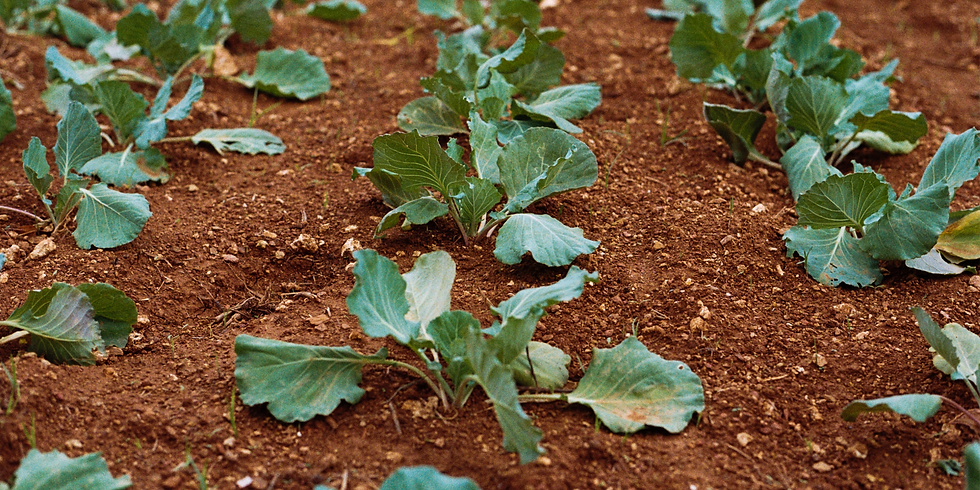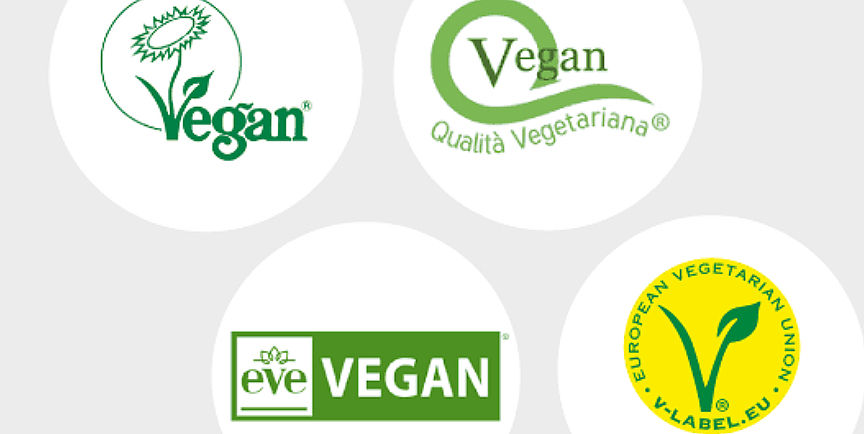Vegan Wine Isn’t Made from Kale. But Close.
- wineminx

- Aug 6, 2025
- 3 min read

Let’s clear up a little misconception swirling in the wine world—yes, wine is made from grapes, but no, that doesn’t automatically make it vegan.
I know. Wild, right?
As your resident Wine Minx—here to make wine less intimidating and a lot more fun—I love tackling these questions that make people blink twice in the wine aisle.
So, here’s the deal: yes, wine is made only from grapes, but it often involves other ingredients and processes that are less plant-based than you’d expect. One of the biggest culprits? The fining process.
Wait, What’s Fining?
Fining is a winemaking step that removes microscopic particles that can cause haziness in the finished wine. Think of it like clarifying a consommé—but in wine terms. To do this, winemakers traditionally use substances that those particles “stick” to—then everything gets filtered out. Over generations, winemakers have discovered the substances that work best are often animal-derived, like:
Gelatin (from animal bones)
Albumen (egg whites)
Casein (a milk protein)
Isinglass (derived from fish bladders—yes, really)
So while those fining agents don’t end up in your final glass, the fact that they’re used at all means many wines don’t meet vegan standards.
So What Makes a Wine Vegan?
A wine is considered vegan when no animal-derived products are used at any stage of production. Instead of traditional fining agents, vegan winemakers may use bentonite clay, a polymer like PVPP (polyvinylpolypyrrolidone,) or they might skip fining entirely. (Bonus: “unfined and unfiltered” wines often have a little more textural character, because of those retained particulates.)
Now, if we’re going full deep dive, it’s worth noting that some strict vegans take things even further, avoiding wines made at vineyards where animal products were used in the vineyard itself—like manure-based compost or biodynamic preparations that include things like cow horn or fish emulsion. For these folks, the issue isn’t just what’s in the glass, but the entire ecosystem the wine came from. Now, I respect the philosophical consistency—but let’s be real: in today’s wine world, finding producers that meet that level of purity can be problematic (though not impossible). And the irony is, those vineyard practices are often regarded as more sustainable and beneficial to the overall health of the vineyard. So if you're a strict vegan, it's up to you to weigh these pros and cons.
How to Spot Vegan Wines

Here’s where it gets tricky—wine labels in most regions aren’t required to list fining agents or production methods. So how do you know?
Look for certifications from organizations like:
The Vegan Society
V-Label
Check for the terms "unfined" or "unfiltered" on the label.
Ask your wine shop pro (hi!)—we usually know which producers follow vegan practices.
Use wine apps or databases like Barnivore, which track vegan-friendly wines by brand.
Why Interest in Vegan Wines is Growing
According to a 2023 report by Research and Markets, the global vegan wine market is projected to grow at a compound annual rate of 10.2% through 2028, driven by consumer demand for transparency, sustainability, and plant-based living. And it's not just vegans pushing the trend—many wine drinkers are simply more conscious about how their wine is made.
Still, misconceptions abound. Many people still assume all wine is vegan, or that “organic” or “natural” automatically means animal-free. (Spoiler: It doesn’t.)
TL;DR?
No, vegan wine isn’t made from kale. But it is wine made without using animal products in the process. So if you’ve got a plant-based friend—or you’re just exploring more mindful sipping—vegan wines are absolutely worth exploring.
Cheers!





Comments